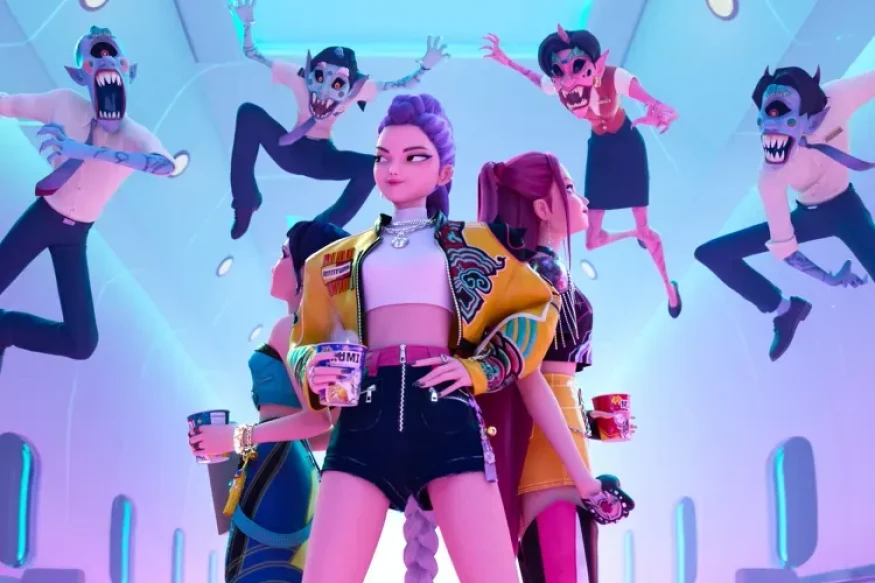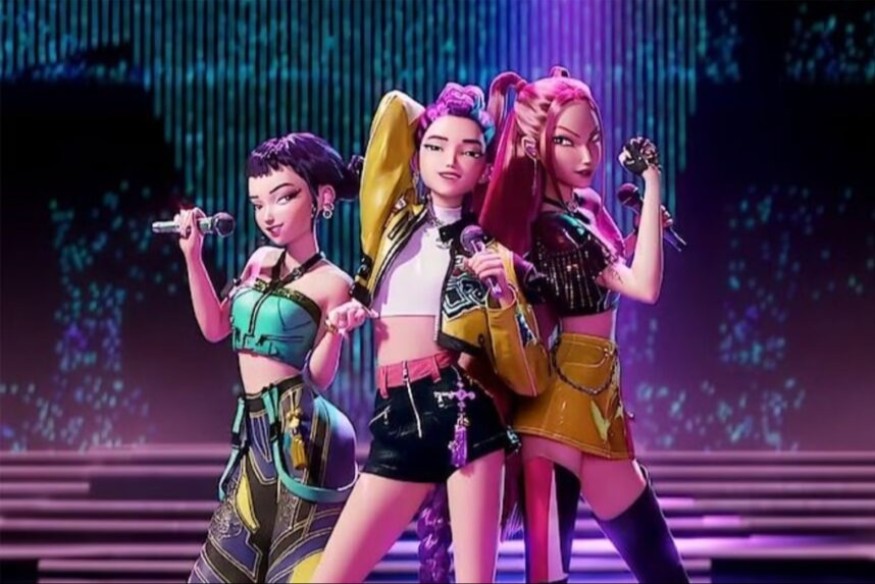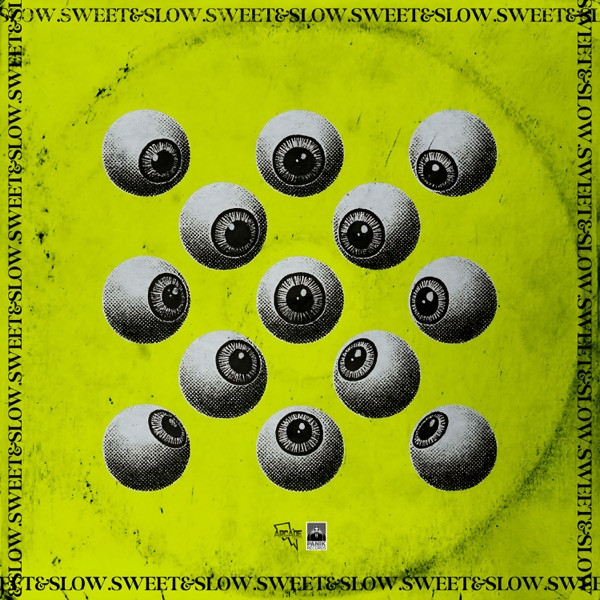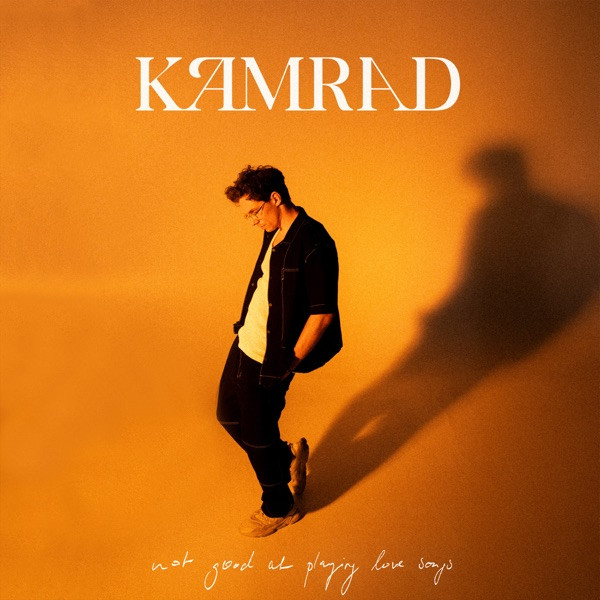
KPop Demon Hunters has turned from a Netflix smash hit into a real-world controversy in the U.K., after a local school banned its songs for “conflicting with Christian values.” The decision has divided parents, students, and educators — sparking a nationwide debate about culture, faith, and the power of pop music
The global phenomenon KPop Demon Hunters has found itself at the center of a surprising cultural debate in the U.K., after a British school decided to ban students from singing its songs on campus — citing “Christian values” and concerns over the film’s references to demons.
The Lilliput Church of England Infant School in Poole, southern England, made headlines after sending a notice to parents explaining that songs from KPop Demon Hunters were “inconsistent with the school’s Christian ethos.” The decision reportedly came following complaints from several parents and teachers who were uneasy with the film’s supernatural themes and depictions of spiritual entities.
According to the BBC, the school’s letter asked parents to discuss the issue with their children and to encourage them “not to sing songs from the film at school, out of respect for those who find such themes conflicting with their beliefs.”
The announcement quickly sparked a wave of reactions online and within the local community. Many parents criticized the move as “overly cautious” and “misinterpreted,” arguing that the film’s music carries positive messages about teamwork, friendship, and acceptance. “My daughter and her friends love singing those songs — it’s pure joy and creativity,” one mother told local media. “There’s nothing harmful about that.”
In response to the growing backlash, school headteacher Lloyd Allington clarified that the decision was not meant as punishment but as a preventive measure. “We want to support children and families who may feel uncomfortable with certain aspects of the film,” he said. “We’re not saying it’s wrong to enjoy the movie or its music — we’re simply trying to promote respect for differing beliefs within our community.”
Meanwhile, KPop Demon Hunters continues to dominate globally. The animated Netflix hit has shattered streaming records, becoming the most-watched movie in the platform’s history with over 236 million views worldwide. Its high-energy soundtrack has also broken records — the breakout single “Golden,” performed by the fictional girl group Huntr/x, held the No.1 spot on the U.K. charts for ten consecutive weeks and was recently covered by British rock band Biffy Clyro.
The film follows Huntr/x, a K-pop girl group that secretly doubles as a team of demon hunters protecting the world through music and unity. Their rivals, the Saja Boys, embody darker themes of temptation and chaos, setting up a battle between light and shadow both on and off the stage.
Despite its fantastical premise, the movie’s positive tone — emphasizing courage, identity, and empowerment — has earned it praise from audiences of all ages. “It’s one of the best-crafted pop narratives ever,” said Biffy Clyro frontman Simon Neil. “It’s simple, beautiful, and full of energy.”
Still, some faith-based organizations have raised concerns about the symbolism in the film. They argue that the use of “demonic” imagery, even metaphorically, could confuse younger children about moral and spiritual boundaries. Allington, however, reiterated that his school’s approach was rooted in inclusion rather than censorship: “We’re trying to foster understanding — not restriction.”
The controversy highlights how deeply pop culture can influence everyday life — even in places as ordinary as a school classroom. What started as a fantasy musical has evolved into a conversation about cultural diversity, religion, and artistic expression.
Netflix, on its part, shows no signs of slowing down. The company recently confirmed two sequels to KPop Demon Hunters, as well as a live-action adaptation and a stage musical currently in early development. Reports also suggest that the film’s fictional bands, Huntr/x and Saja Boys, could soon debut as real-world performance acts — a crossover that has fans buzzing.
Beyond the entertainment factor, the debate surrounding KPop Demon Hunters underscores a broader truth: art, even when wrapped in glitter and pop beats, can challenge beliefs, inspire dialogue, and reflect the complexities of modern society.
Whether seen as an act of faith or an overreaction, the Lilliput School case is a reminder of how pop phenomena can test the boundaries between culture, conviction, and creativity.
At the end of the day, KPop Demon Hunters isn’t just a Netflix hit — it’s a mirror of how stories born in the digital age continue to shape the real world.







